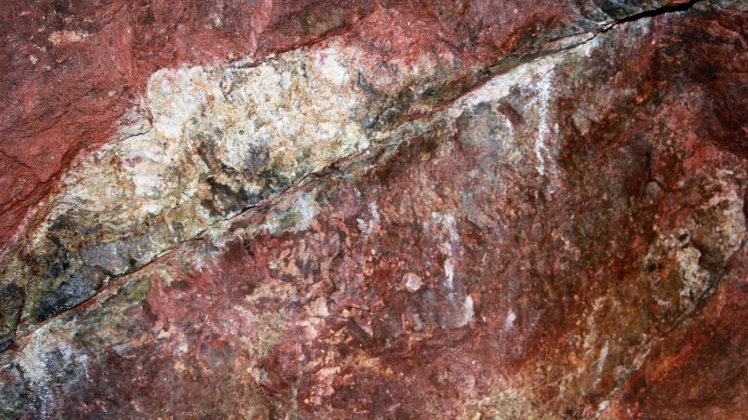About
The CAVALI project aims to develop up to the maximum limit considered as possible and feasible, the value chain of the production cycle of lithium-based batteries for electric vehicles, thus enhancing the maximization of the added value resulting from the exploitation of the national resources of this metal. Portugal is currently the country with higher proven Li reserves on the European continent. To attain this objective, the project focuses on the stages of the production cycle most likely to be installed in Portugal, despite the universality and originality of the research themes:
- In the field of chemical analysis, the project proposes to improve the Lithium analyzer by laser-induced plasma spectroscopy (LIBS) currently existing on the market, providing a new functionality entirely innovative: discrimination of the Lithium from spodumene relatively to the one from other minerals, which is an extremely relevant factor for the exploitation of deposits with multiple minerals.
- Development of reference materials for lepidolite (currently only spodumene reference materials are commercially available). This objective is extremely relevant since most lithium reserves at European level are of this mineral.
- Development and optimization of processing flowsheets for spodumene and lepidolite minerals including pilot-scale demonstration actions.
- In the field of metallurgy, the project aims to obtain a process of production of LiOH, which reconciles one of the processes currently existing for spodumene concentrates with a new process for lepidolite ores that will have in common as many unit operations as possible, allowing the simultaneous treatment of the two minerals in a single metallurgy.
- Computer programs will be developed that will allow the preliminary sizing of equipment for spodumene and lepidolite ore processing facilities, based on the flowsheets developed. The same applies to metallurgical processing. These programs will generate mass balances and from those the preliminary sizing, the consumption of reagents and energy and the estimate of the operative (OpEx) and the capital costs (CapEx), as well as the pre-feasibility of the exploitation of lithium orebodies.
- In the field of batteries, it will be developed basic research that makes possible to build a new battery architecture, FEB: "ferroelectric-electrolyte batteries", in which the diffusion of ions is reduced to small displacements and the ionic communication between the electrolytes is made through the chains of dipoles under the action of the electric field inside the battery cell. The development of this activity will allow the development of FEB cell prototypes with the following architecture: Li/electrolyte-ferroelectric/polymer-dielectric/cathode.
- Finally, a Life Cycle Assessments will be developed contemplating the following phases of the production cycle: exploration, extraction, ore processing, metallurgy and production of lithium batteries. It will be based on the processes resulting from the project and will allow inferring the impacts resulting from these industrial activities in a scientific founded basis.

